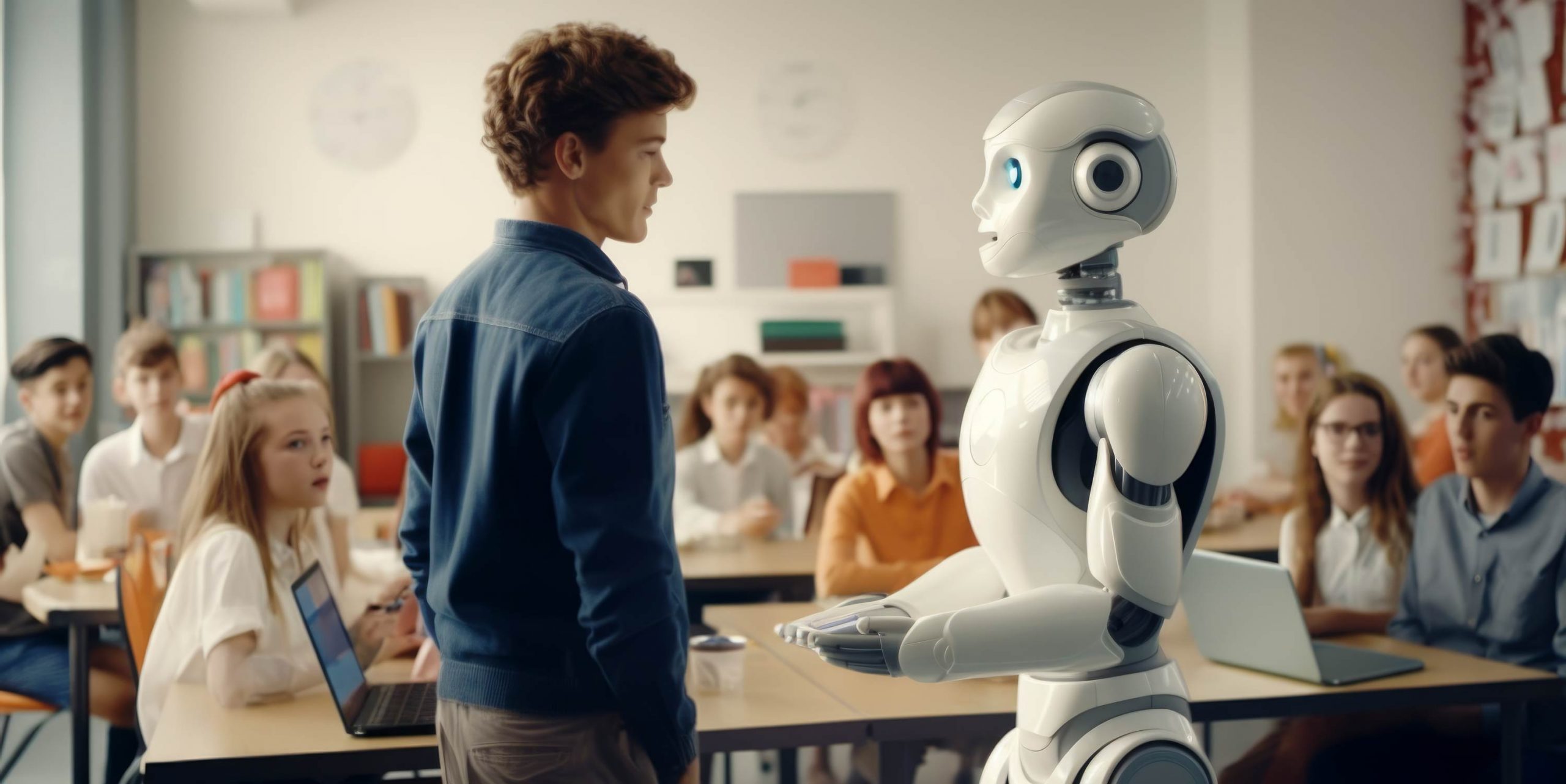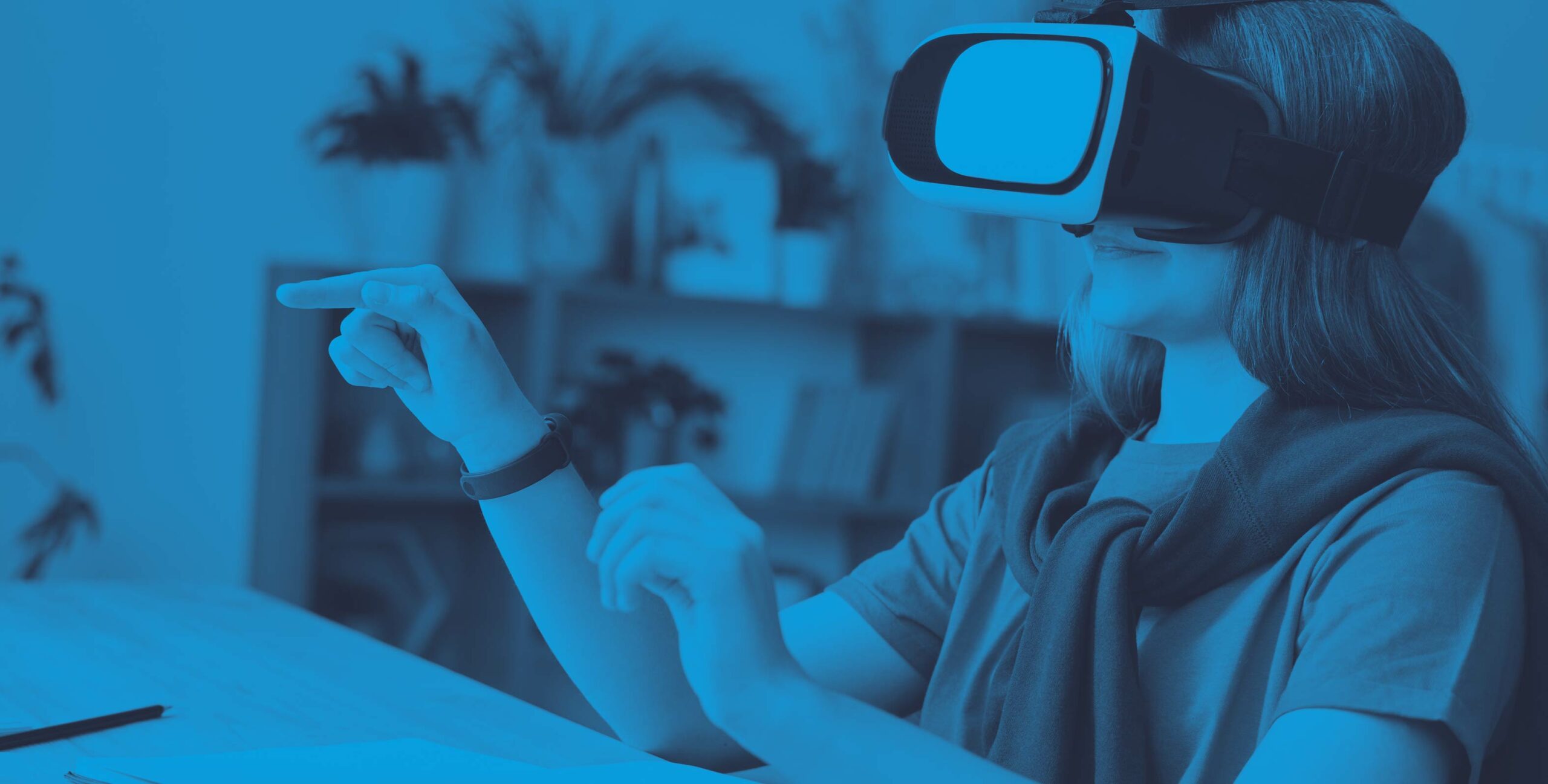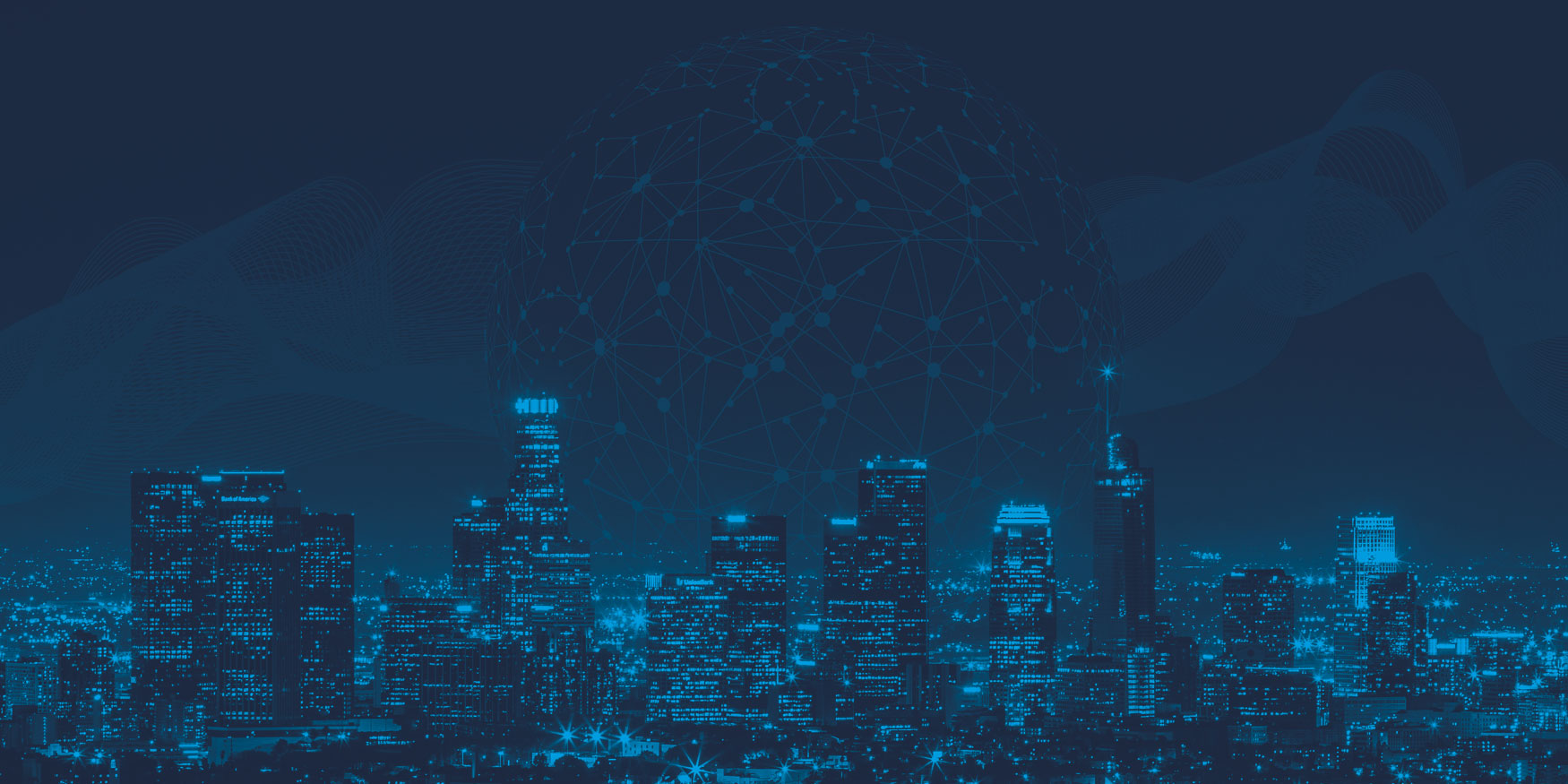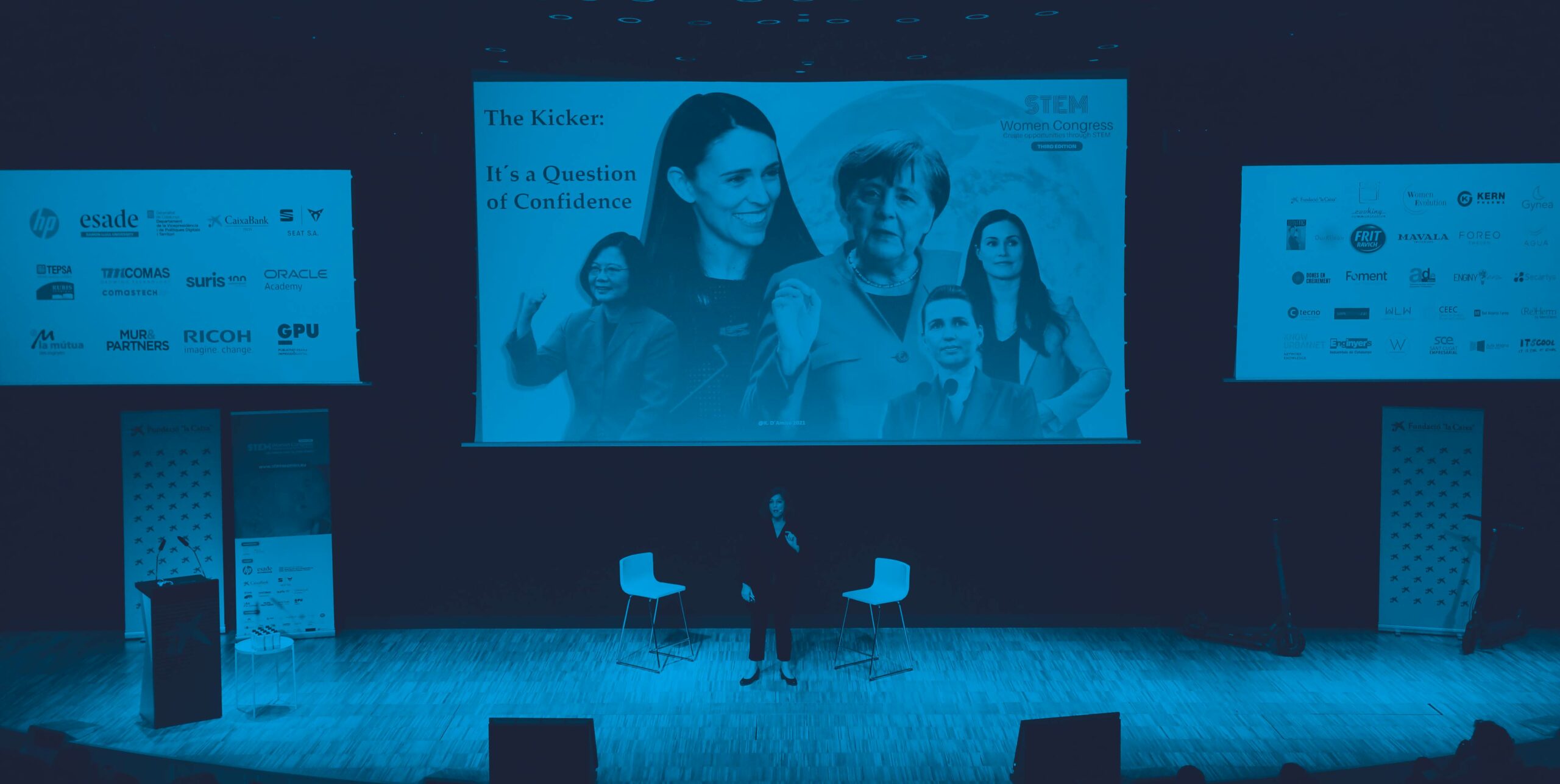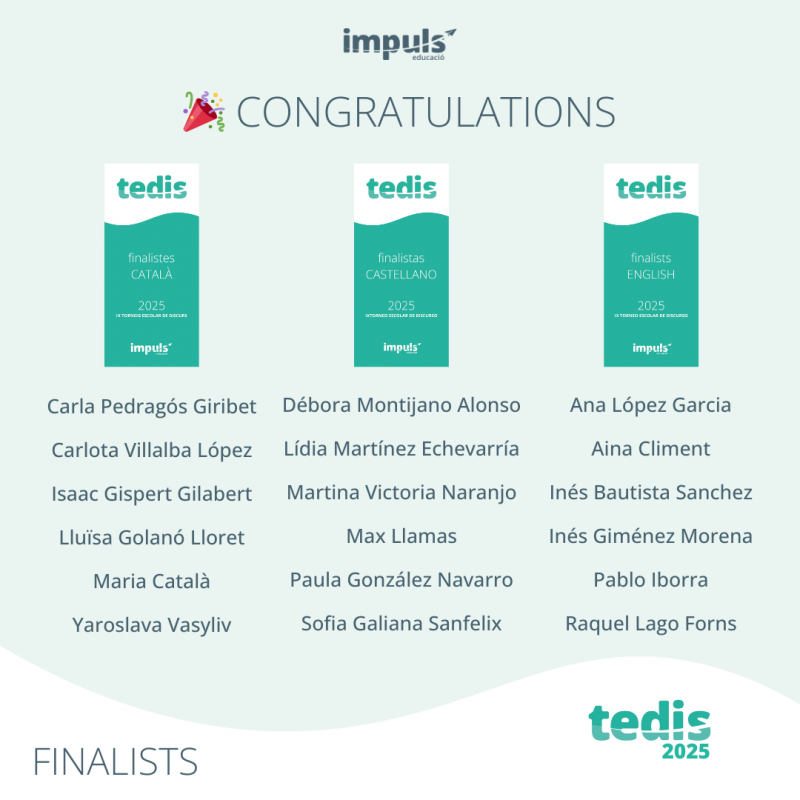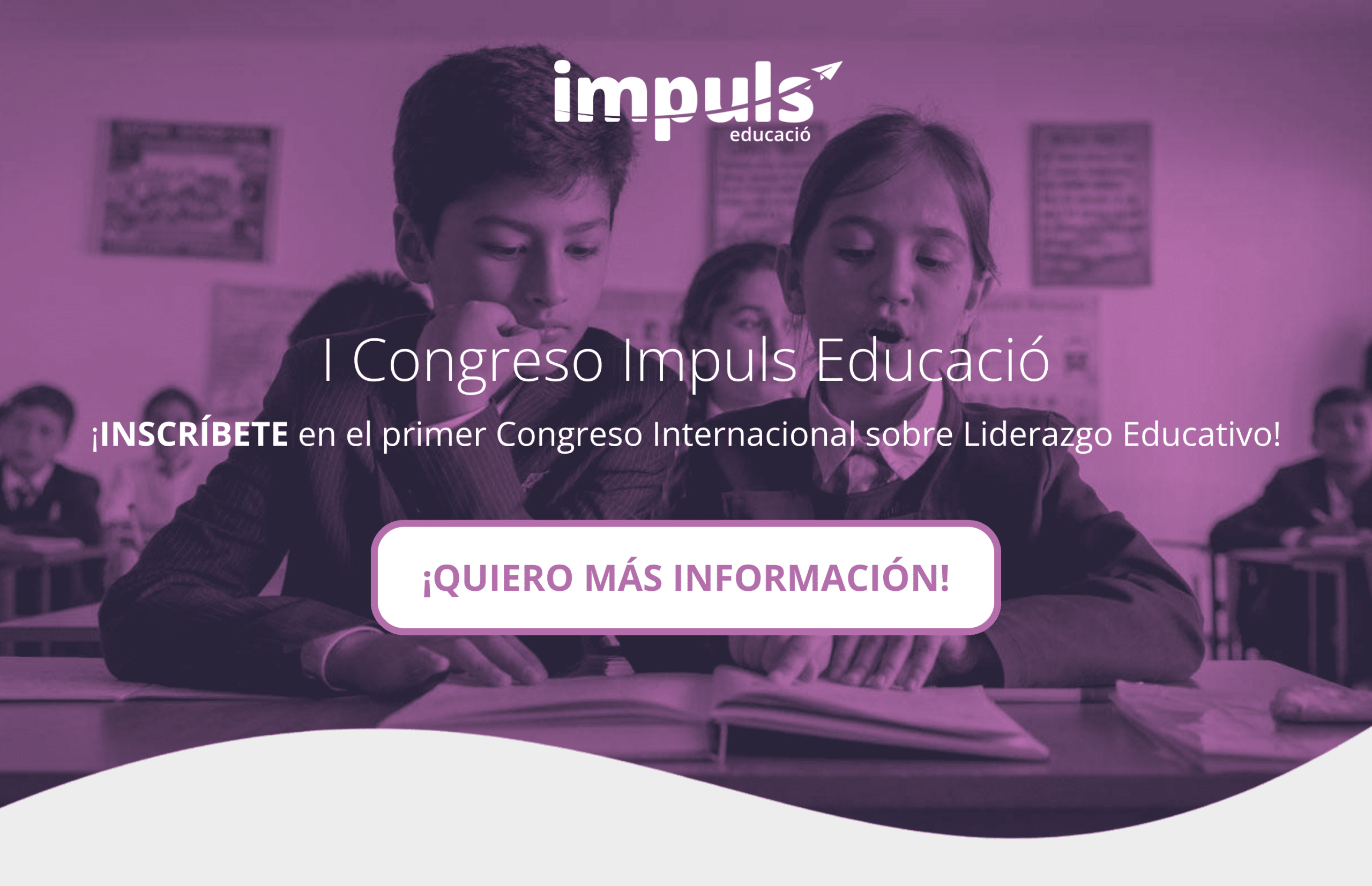by Ana Moreno Salvo
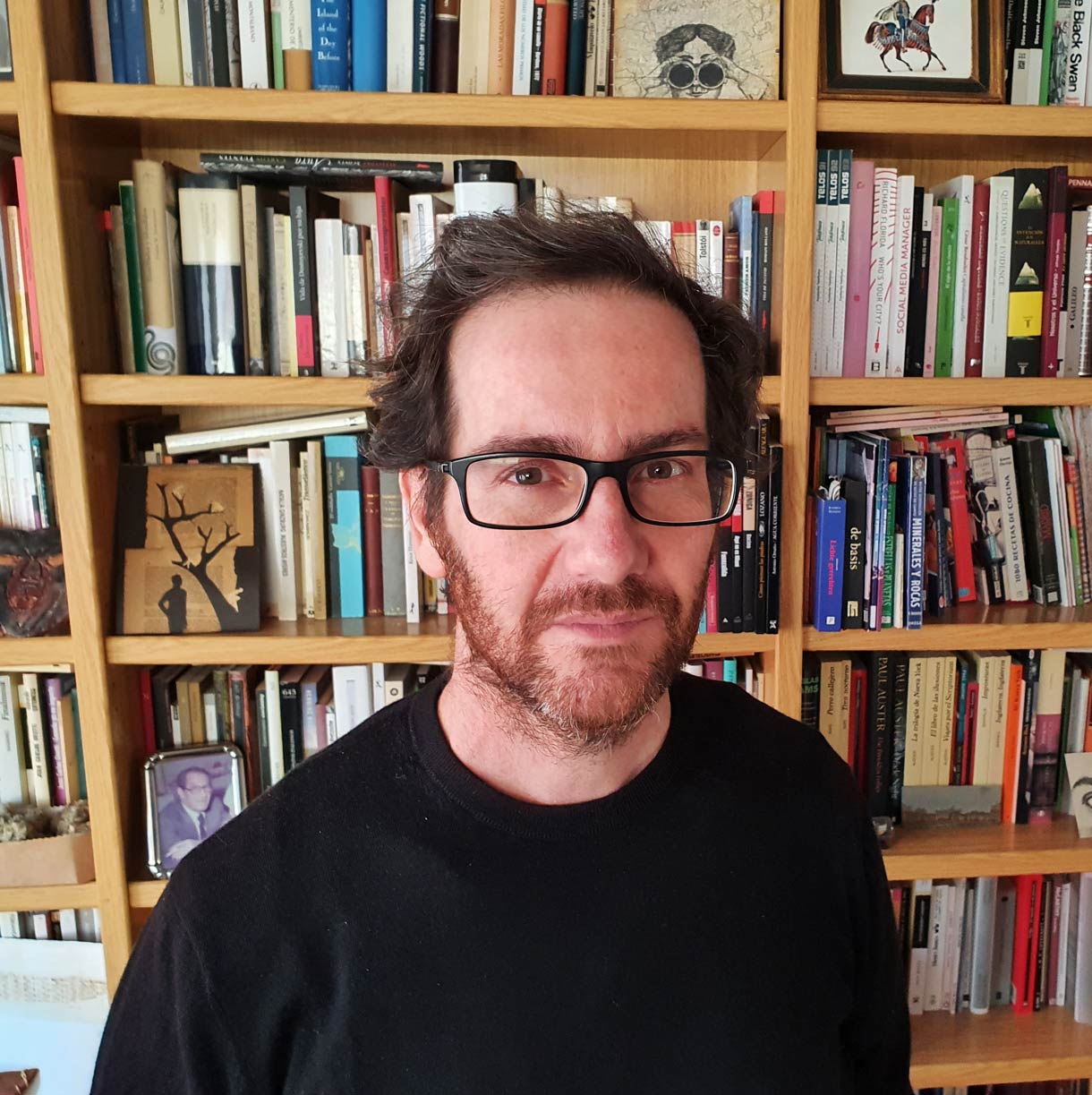
Carlos Magro Mazo is the president of the Open Education Association. He holds a degree in Physics from the Complutense University of Madrid. He works as an independent education consultant in the fields of educational innovation, educational technology and public policy in education. He is a member of the Conocimiento Abierto para la Acción Social CAAS research group at the University of Granada and the DIME (Docentes para la Inclusión y la Mejora Educativa) group, among others.
Interview with Carlos Magro Mazo
What do you think are the key aspects of educating children and young people in the age of artificial intelligence?
From a very general standpoint, we could say that educating has to do with giving those we educate the words and ability to think in order to understand the world in which they are living. The first question we should ask ourselves is whether at school, that is, the entire initial formative stage, which we could even extend to higher education, either vocational training or university, we are helping young people, children and adolescents and young adults and giving them the tools to understand this tech-related world.
How can technology help to improve the quality of education?
School is a technological device, perhaps not understood as we understand it today. The history of schooling is full of technology: the book is a powerful technology that has endured for a very long time and still sits on students’ desks; the very organization of school is also a type of technology designed to achieve specific outcomes. Over the past hundred years, the kinds of technologies we think of when we talk about education, school, and improvement are technologies linked to information. And now, over the past year and a half, we can’t stop talking about AI specifically generative AI and its impact on education.
Mass education, the school system that educates everyone, struggles to focus on the individual, on personalization, on addressing differences. Therefore, every time one of these technologies appears, even though it promises to help us do what we aim to do, respond to the interests and differences shown by our students in the classroom, we end up placing all our hopes in that technology. This is a promise that has never been fulfilled, but one that likely requires us to think a bit beyond the technology itself.
Mass education struggles to focus on the individual, on personalization, and on addressing differences
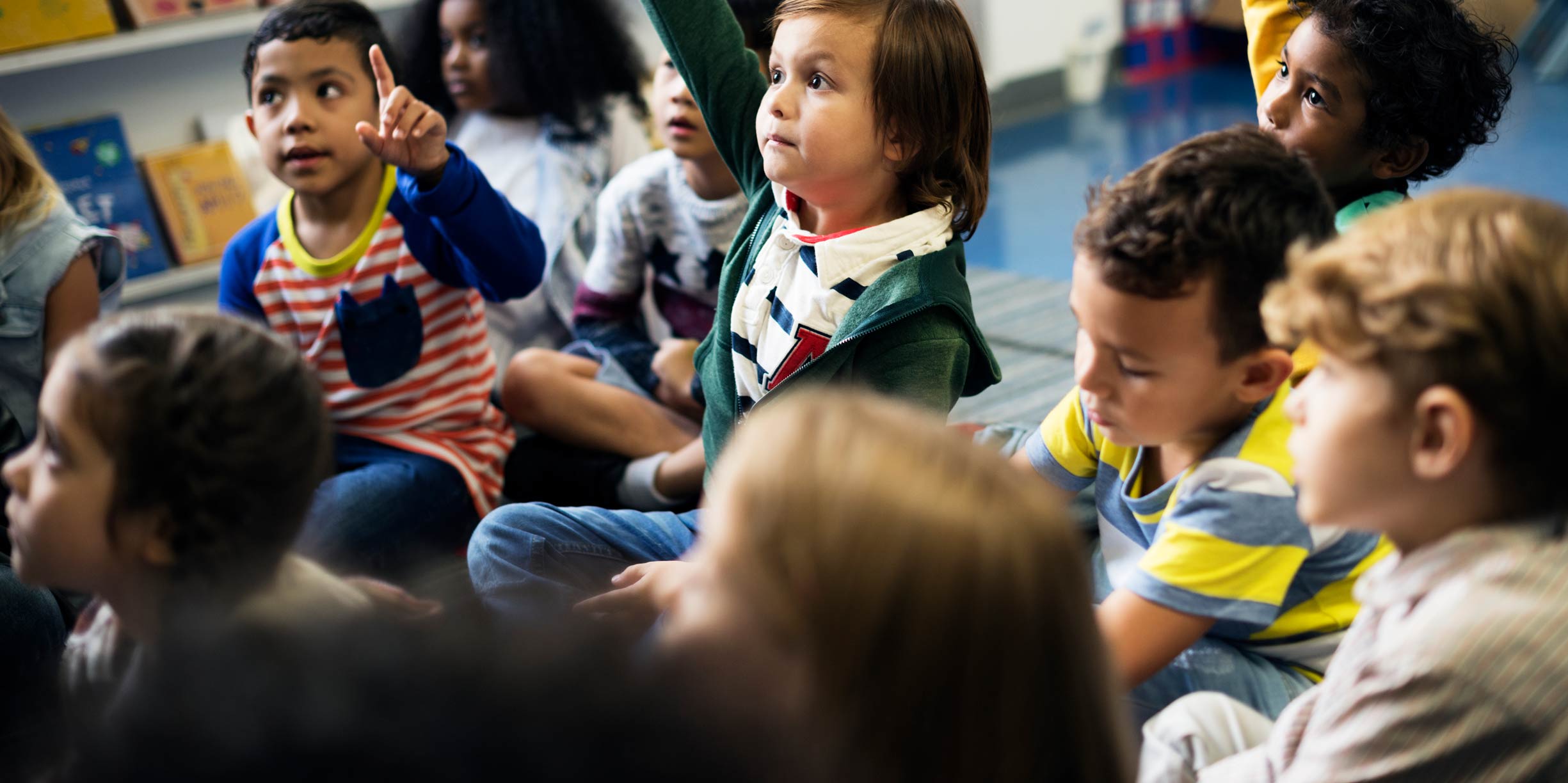
If what we truly want is for no one to be left behind, then perhaps we need to invest more, transform the way we organize schools, transform the curriculum…
Technology may seem like it can help us, but it’s clear that we need to make interventions that relate to social factors, to resources, to how seriously we take that promise of inclusion and diversity.
What risks and opportunities do you think the emergence of generative AI could bring to the field of education?
One of the major risks of AI is thinking of it in solutionist terms. Education is incredibly complex, and believing that AI, or any other technology, will simply come in and solve our problems is a serious risk. Just as risky would be not taking AI seriously and assuming it’s not worth incorporating into the learning processes that take place in schools.
For technology to be an opportunity and not just a necessity, for it to truly become a lever for transforming education, the most sensible approach is to critically examine and problematize what artificial intelligence really means for education.
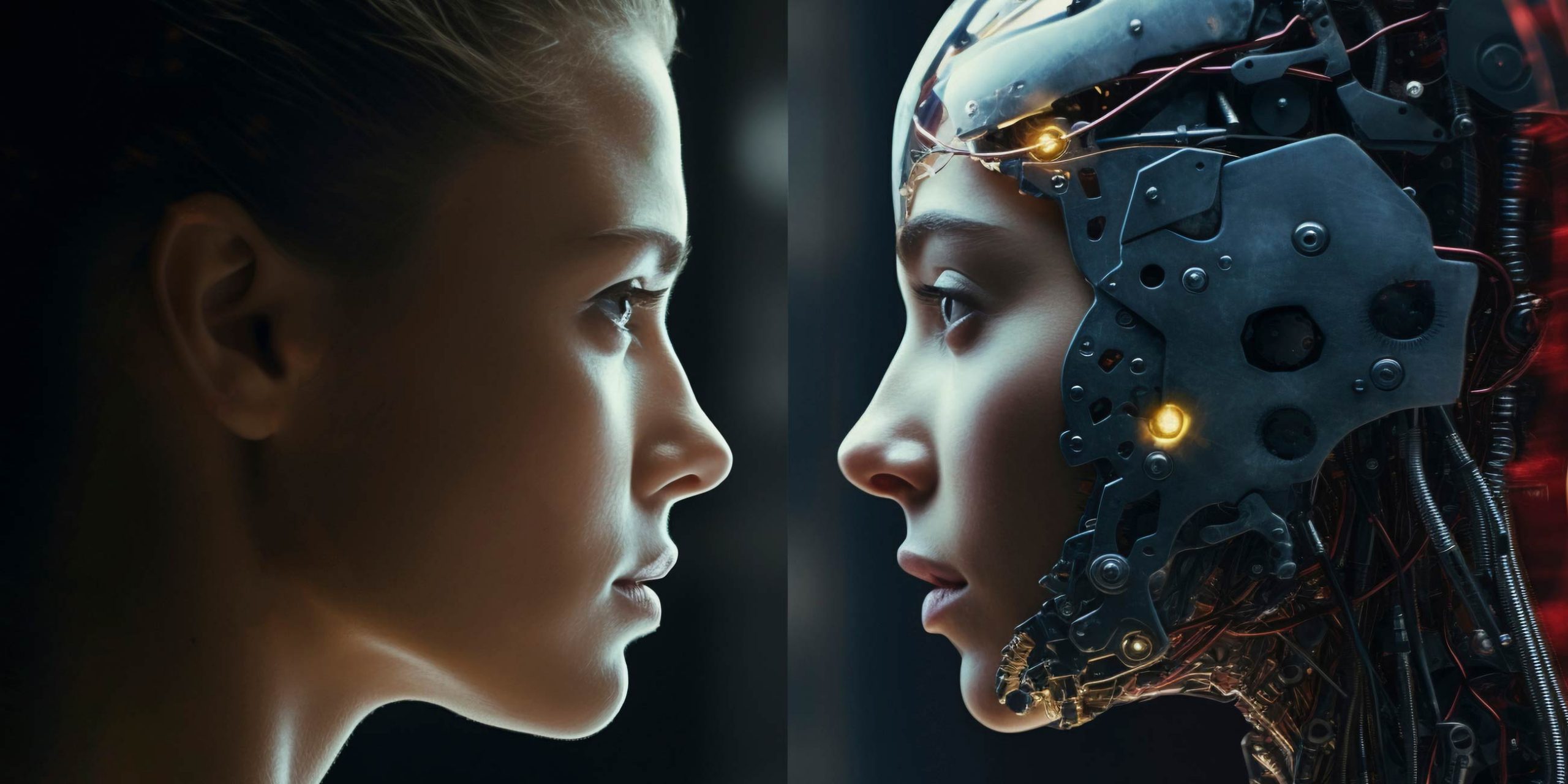
The most sensible approach is to critically examine much more deeply what artificial intelligence really means for education
If we are able to make AI educational, then we might truly be facing an opportunity for the education system, but that remains to be seen.
How does this omnipresence affect education and specifically a good education for children and young people?
Whether we like it or not, technology is part of our lives, it always has been, but today’s technologies are more present than ever. They give us the ability to do things we couldn’t do before, but they also generate complexities and challenges that we still don’t fully know how to manage.
A few decades ago, as a society, we decided that education should prepare people for life, not just for work or basic literacy, but in a holistic way. We provide tools, critical thinking, and language to help people understand and act in the world. And if life is full of technology, then school must also educate both in and with technology.
We don’t need a specific subject; just as we teach students to think historically or mathematically, we must also teach them to think digitally and be critical of technology.
How can children and young people be empowered at school to grow as free and socially committed citizens?
Taking artificial intelligence seriously in school, meaning not leaving it out, but placing it as a subject of learning at the center of the classroom, means educating in technology, first and foremost, but also with technology.
Over the last thirty or forty years, we’ve been living in what some describe as a period of absolute economic neoliberalism. And in the society we’ve built, which continues to grow in that direction, technology has become the perfect ally.
Expecting schools to fight against this is very difficult, but school is certainly a place where, if we educate for justice, equality, democracy, and help students understand that not everyone has access to everything, if we educate in these fundamental values, in human rights, then that will naturally stand in contradiction with the way we live. We will be forming people who are, at the very least, capable of questioning that way of living in which, I insist, economy and technology are deeply intertwined.
Let’s educate people who are capable of questioning that way of living in which economy and technology are intertwined

Do you think it’s reasonable to imagine a future in which machines take on a greater role while human beings progressively lose theirs? How could schools provide a form of preventive education in response to this possibility?
This is what some refer to as the “technological singularity”, the moment when we might lose control over the very technology we ourselves have created. It’s a kind of threat that has been with us since the 1940s and 1950s. Science fiction has explored it extensively, and now we are faced with these devices we casually call artificial intelligence, even though they are neither intelligent in human terms (as they have nothing to do with our kind of intelligence) nor truly artificial, since they rely on real resources and include significant physical components.
Someone tells us that, in a few years, these machines will think for themselves, learn on their own, and eventually surpass us, leading to a scenario reminiscent of “Planet of the Apes”, where we are controlled by robots that are more intelligent than we are.
In reality, nothing we currently have seems to be heading in that direction. What we need is an education that allows us to understand and question what is happening, but we also need a school that enables us to make better use of technologies and artificial intelligence, to know where their limits are, to know how to use them for what we need, and not the other way around.
